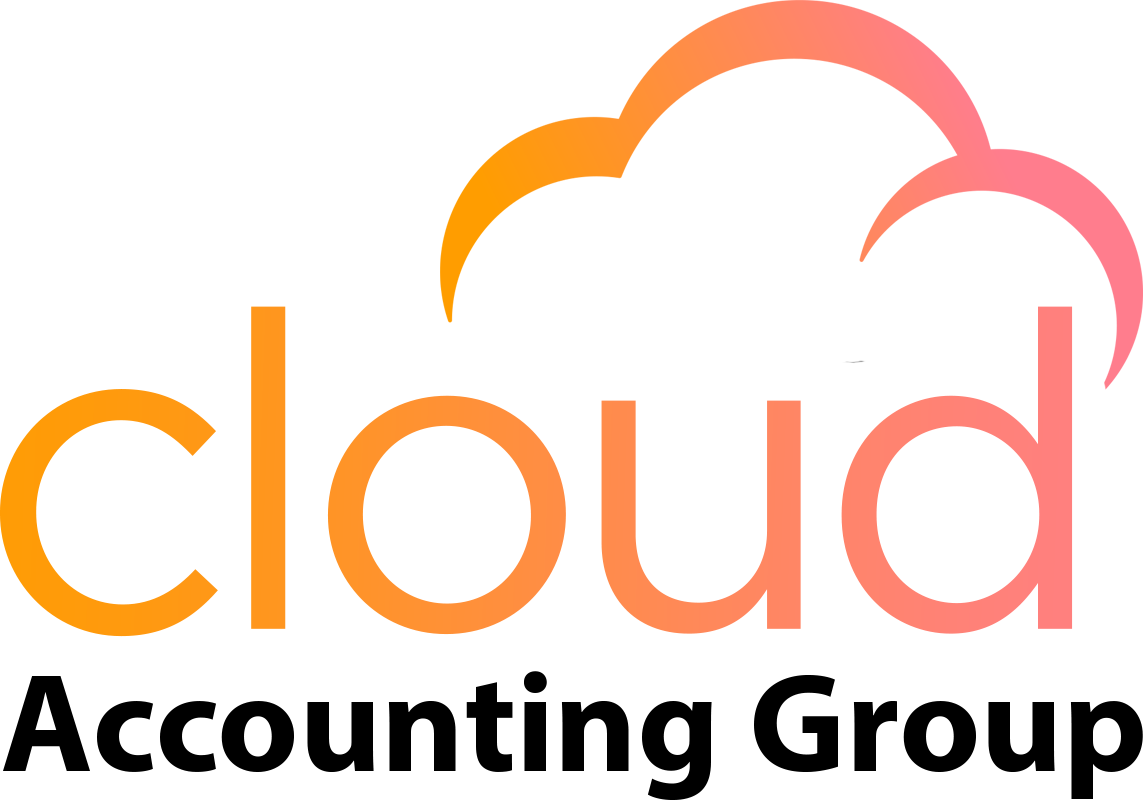It’s no secret that investing in real estate is more accessible now than ever before. As technology advances with every passing day, you have more and more tools at your fingertips to manage the needs of any property.
But these advances don’t address all the needs of real estate investors today—like record keeping and taxes. The laws surrounding what you can deduct and whether you even count as a real estate investor are still difficult for most people to parse.
At CloudCPA, we specialize as a CPA for real estate investors. That’s why we put together this complete guide. Keep reading to learn about this special tax status, deductions available if you achieve this status, and how hiring a real estate CPA can make all the difference.
What is a Real Estate Investor?
The definition of a real estate investor is someone who invests in property by:
- Buying and selling properties
- Managing the valuation of owned properties
- Collecting rent on owned properties
- (In some cases) Lobbying relevant governmental agencies and/or politicians to help generate a profit
But becoming a real estate investor (or real estate professional) means more than owning a portfolio of properties. This term also refers to a specific tax status, which comes with its own requirements and benefits.
How Do I Determine if I Qualify for the Real Estate Professional Tax Status?
As a taxpayer, you qualify as a real estate professional for any year you meet both of the following requirements:
- More than half of the personal services performed in all trades or businesses during the tax year were performed in real property trades or businesses in which you materially participated.
- You, the taxpayer, performed more than 750 hours of services during the tax year in real property trades or businesses in which you materially participated (Sec. 469(c)(7)(B)).
What Tax Deductions are Available to Real Estate Investors?
Some of the tax deductions available to you as a real estate investor include:
- Expenses associated with searching for new property to buy, like hotel and other travel expenses (But at least 50% of the time spent traveling must be spent on your real estate business, and the primary purpose of the trip must be business related)
- Reasonable, necessary advertising expenses like classified ads, mailers, and even building your website
- Costs related to starting your business like hiring a real estate CPA, buying office equipment, and training new employees
- Costs of utilities both in common areas and in rental units
- Fees related to property maintenance
- Fees related to property management like screening for potential tenants (if you manage your own rentals)
- HOA dues
- Rental property insurance premiums
- Part of your insurance on your primary residence if you work from a home office
- Any employees or independent contractors you hire to help run your business (including wages, health insurance, Social Security, and other benefits)
- Mortgage interest expenses
- Property taxes
- Depreciation
Just keep in mind, tax strategies for real estate investors go so much further than just year-end deductions. Cost segregation studies are a perfect example.
These allow you to do a study which accelerates bonus depreciation. Basically, bonus depreciation and catch up depreciation allow for a very large amount of depreciation in the first year in service or the first year the study has been completed.
As a real estate investor, this is a huge advantage because you won’t be capped at the standard $25,000 passive activity loss restriction.
When you work with a real estate CPA, you can expect bespoke advice on how to structure your real estate business, how to optimize your investments, and how to grow your business (and your profits).
What are the Tax Implications of Buying and Selling Real Estate?
Here are some of the more common tax implications of buying and selling real estate:
- You can only deduct passive activity losses against passive activity income unless you qualify as a real estate professional, making this status absolutely crucial. (Secs. 469(a), (c)(2), and (c)(7))
- Your status as a real estate professional can impact the classification of tax loss on disposition or sale of real property. This status decides whether you deduct that as an ordinary loss or a capital loss. (Connor, T.C. Memo. 2018-6)
- Your gross rental income may or may not be exempted from your net investment income, which impacts how much tax you pay. (Regs. Sec. 1.1411-4(g)(7))
These are just a few examples of the complexities and tax implications that come with being a real estate investor.
Understanding all of it on your own can be overwhelming, to say the least. Working with a skilled, licensed real estate CPA can make it much easier to understand how to avoid common pitfalls.
How Can I Benefit from Hiring a CPA for Real Estate Investors?
Here are some benefits you can expect as result of hiring a real estate CPA:
- Custom-tailored advice on the best tax strategies for real estate investors
- Handling things an accountant can’t, like representing you during an IRS audit or preparation of audited financial statements for your group investments
- Minimizing your tax liability while optimizing your investments (both future and current)
- Monitoring changes to real estate tax codes so you don’t have to
You see, our team of licensed real estate CPAs has to do things like attend continuing education to maintain our licenses. This means, compared to an accountant, a CPA is often more current on changes to tax codes and modern tax strategies.
Hiring a CPA for real estate investors is one of the best investments you can make.
After all, what’s the point of becoming a real estate professional if you aren’t going to reap the maximum potential rewards? Furthermore, many real estate investors pursue this path because they want to work smarter, not harder. This income stream won’t be passive in the slightest if you’re slogging through tax laws day in and day out.
Count on our team instead—we’re here as both your bookkeeper and year-end accountant. No matter what kind of personalized solutions, support, or scalability you need, CloudCPA is about accounting made easy. Let’s chat if you’re ready to learn more about what we can do for you.

 CALL US NOW
CALL US NOW







